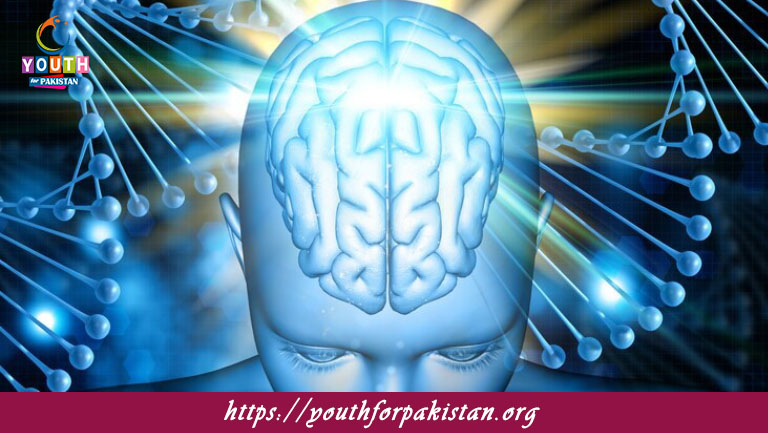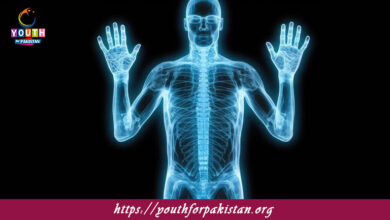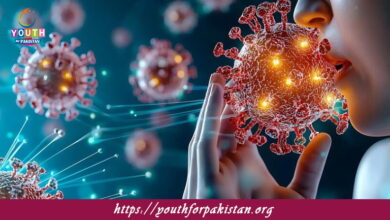Feedback Mechanism MDCAT Quiz with Answers

Feedback Mechanism MDCAT Quiz; Feedback mechanisms are vital processes that help to maintain homeostasis in the human body—the most relevant topic for MDCAT students. Therefore, mastering how the body maintains conditions within an optimal range by the operation of feedback loops, whether positive or negative, is basically mastering physiology and endocrinology. Enhance your preparation with our MDCAT Quiz, which has been particularly designed to thoroughly cover this extremely important concept.
Overview of Feedback Mechanisms
The feedback mechanism ensures that the body maintains a stable internal environment by regulating processes like body temperature, blood sugar levels, and hormone production. Negative feedback loops, such as insulin release to lower blood glucose levels, counteract changes, restoring balance. On the other hand, positive feedback loops, like oxytocin secretion during childbirth, amplify changes for specific outcomes. Understanding these mechanisms is crucial for answering complex MDCAT questions with precision.
MDCAT Practice Quiz on Feedback Mechanisms
Prepare for success with an MDCAT Quiz focused on feedback mechanisms. These quizzes include questions about key processes, such as how the hypothalamus regulates hormone levels through feedback loops. By practicing regularly, you’ll strengthen your conceptual understanding and improve your ability to apply this knowledge in problem-solving scenarios during the exam.
Free Flashcards for Feedback Mechanisms
Get better grades in your learning by using our Free Flashcards on feedback mechanisms. These flashcards make understanding negative and positive feedback rather easier with examples and diagrams to aid retention. Going through these flashcards regularly will allow one to easily memorize key information, making one confident in answering even the most challenging questions that may arise in your MDCAT exam.
To do well in MDCAT, one needs a solid understanding of feedback mechanisms. Use a combination of quizzes and flashcards to really grasp this topic and make your preparation for a successful career in medicine strong.
Experience the real exam environment with our expertly designed collection of over 25,000 MCQs MDCAT Mock Tests.






